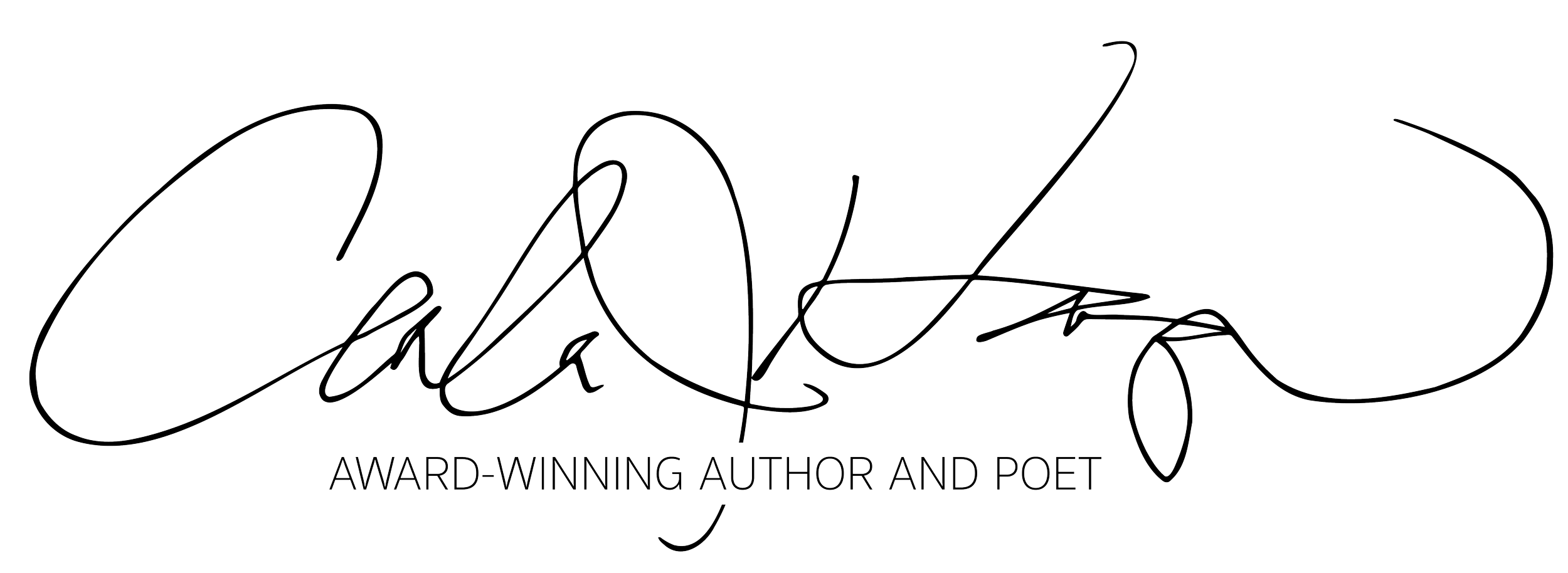Coming Down From Trial
It’s been more than 26 years since I tried my first case, but one thing never changes: the adrenaline drop afterwards. When I was a brand new public defender, the first thing I’d do after my jury went out to deliberate is head to my favorite cafe to have a triple (yes, a triple) espresso and something chocolate. Thus fortified, I could ride out the high for a long time.
Every trial lawyer will tell you that the adrenaline moments are the most seductive part of what they do. Because trials are not exactly fun. There are weeks or months of grueling preparation, long days, endless lists of things to do or remember, legal pads jammed with scribbles, brilliant points circled in red. Your mind on trial is an obsessed mind. The bad part is that the trial is all you can think, dream and live for whatever time it lasts.
But that is also the good part.
Who doesn’t want to be plucked out of a wearying multitasking world and focus on just one thing? That is where the adrenaline comes in. Sometimes you are so tuned in to the witness you are questioning that the rest of the world–not to mention the courtroom–falls entirely away.
It’s very physical. When I inhale, the breath in my nostrils feels cool as mountain air. I pull back my hair and push up my suit sleeves. My appetite abandons me or changes radically. While my usual diet is heavy on veggies, fruit, grains, seeds and nuts, my trial self veers toward Atkins: protein, preferably meat, with a little bit of carb thrown in to settle my stomach. Forget the espresso–that’s for after the trial.
What happens after this exalted and monomaniacal state of mind suddenly ends? The first thing is that, relieved as you may be that it is finally all over, you want to keep living as long as possible in that high thin air where nothing else matters, hence the caffeine and chocolate.
The second is that you want to talk about it. Your teammates, if you are lucky (as I am) to work on a team, not solo, will want to know how it went, and you will happily tell them what we in the law biz call “war stories.” We talk about the battle, kicking ass, even falling on our swords as if we were medieval crusaders. Civilians–meaning nearly everyone else in your life–will say they’re happy for you that it’s over and ask if it will be in the papers. (The answer is usually no.)
But sooner or later the exaltation will stop. Your body and mind cannot exist forever in the rarified atmosphere of trial when everything else goes on hold. They need sleep, a good book, exercise, being out in nature, seeing something beautiful. And afterwards the things you do not want to think of: emails and calls to answer, unpaid bills, going to the cleaners, all the minutia of daily life.
On the way down, while your mind is still relatively uncluttered, there is a lingering clarity you want to seize. As a writer, I want to record it, try to capture the moments I have just experienced which feel quirky, unique, even other-worldly.
You know the crash will come: a monster sleep, sometimes followed by a migraine. But for now, you are riding the trial train down to its last stop, taking in the final landscapes through its slightly distorted windows, waiting for and dreading the depot ahead.
